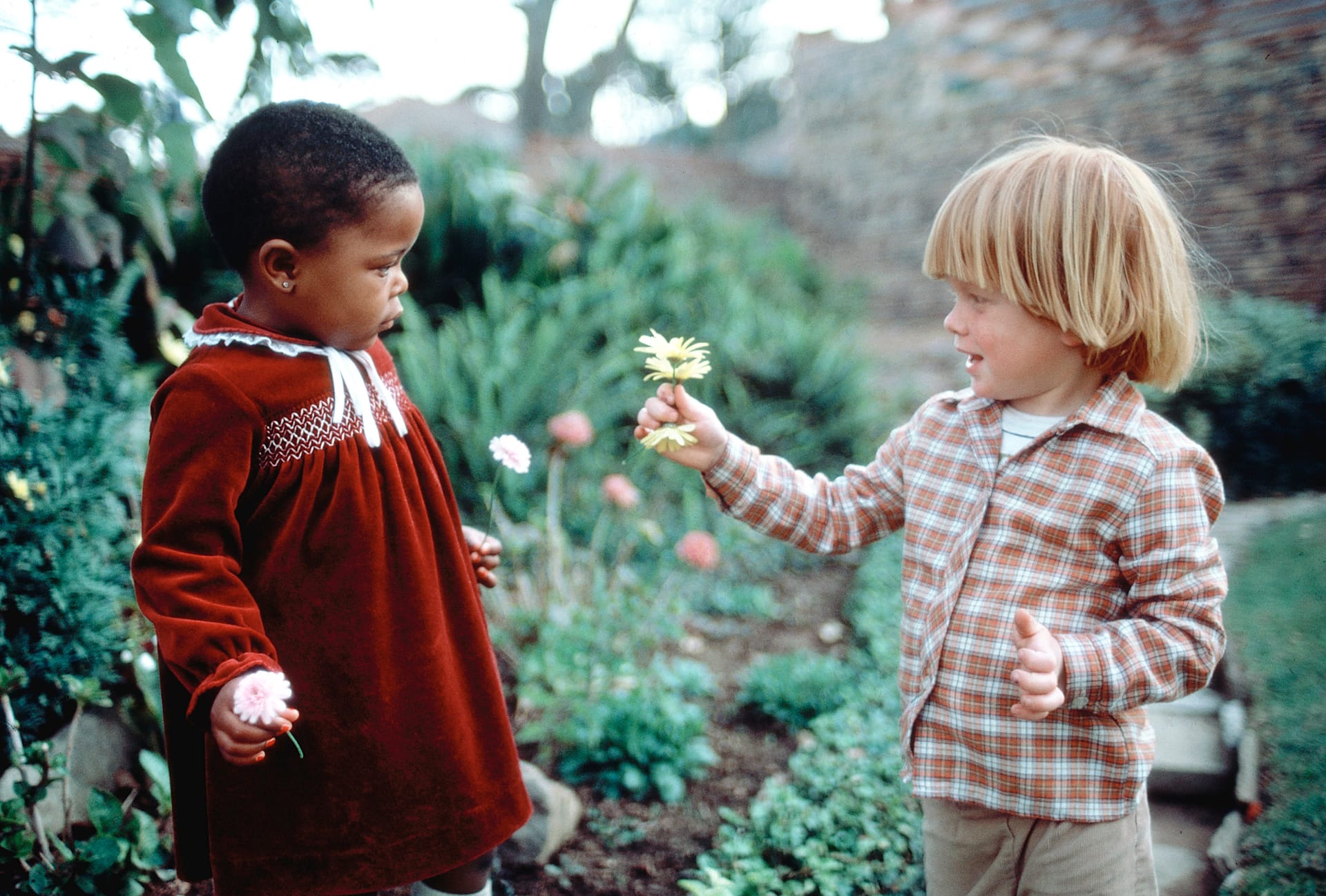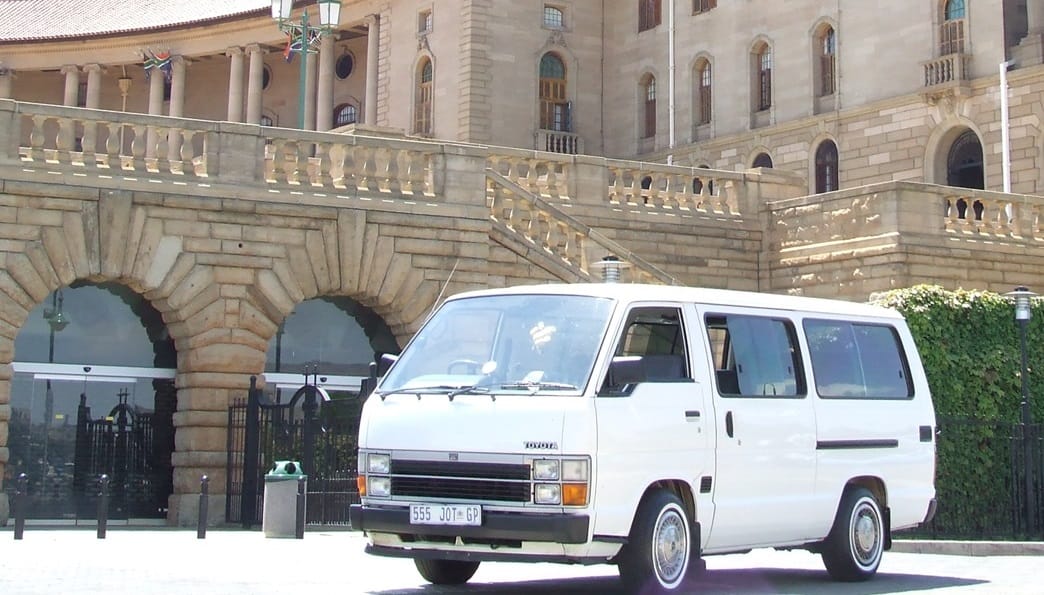Associate Lecturer in Philosophy, Lemogang Modisakeng (Mx) ask the following…
What is your take on creating conceptual schemes that are uniquely and organic African through the English language? In my research, I found that a lot of the times there are lot of phrases in dispute, because obviously, given the Eurocentric language that is English it has its own paradigm and its own conceptual scheme, which is evident in its language. So, when you begin to theorise Setswana proverbs and Setswana oral traditions through the English language you begin to lose some of the meanings.
And, further what Leo Tolstoy speaks of in the different, specifically when it come to the phrases and disputes in law, you have phrases that are indirect dispute, e.g. In Setswana ‘Monna le Mosadi’ are not the direct equivalent of Man and Women in English.
So, when you have phrases in dispute like those and you are using an English Language which follows the English conceptual schemes and paradigm, you are already given into that paradigm as your frame; And therefore, positioning it as the authority. So, do you think that we should just theorize an African language, when we do create African conceptualisation schemes? Do you think is even possible to decolonize in the English language?
And, where will that leave the academic project because knowledge is about sharing, its about translatability, its about understanding. Ge ke kwala ka Sestswana, Makgowa ga ka se re utlwi. (When I write in Sestwana, English speaking people won’t hear us). How do we do that?
Prof Madlingozi asnwers her question ...
Conceptual schemes and translation.
This is very important question and very long-standing question. Deconlation also me valorizing our languages, without that there is not Decolonization. This is a long-standing debate that started just after independence in Africa. You see in debates between Ngugi wa Thiongo on the one hand and on the other hand Chinua Achebe and Soyinka.
Ngugi saying we cannot decolonize our minds; we cannot talk about African literature unless we do it in our own languages. Because as Fanon teaches us to take a language is to take a world view. You can say you speak in English to decolonize it but you already assumed certing things that colonize you. So, language is very important.
On the other hand, Chinua Achebe say how our we going to talk to each other if we don’t speak in English or if our African literature is not in English. In Nigeria they have so many languages, in South African we got 10 languages, plus tsotsi Taal, plus Kaaps and so forth. And, Khoi San langauve, how are going to understand each other unless we speak in English.
There is a book called The Empire writes Back by Bill Ashcroft. In the book they show that English has been decolonize into englishes, small e, different englishes. Peopgion English, Patour in Jamica, Triol in other places. So what we assume as English most og the time is decolonized already. So there is no big English that consensus. Pegeon Enshlish is already a form decolonization.
The third part of your questions is translation. Now this is a very important point. Translation. Because decolonization is about co-existence. Is not about the black world or creating the black world. Its about how do we decolonize so that we are part of world with other people. It is not about retreating to our own world. And, therefore we need to translate, understand each other. But a lot is lost in translation and that cannot be avoided.
There is a lot of work in this, one work is by Buva nToure De Santos. Who talks about the work of translation in Decoloniazation and the first thing need to say is .. something cannot be trsnalated and we should live with that, and we should use those terms and not seek to translate them. So we need to know that somethings cannot be translated.
Secondly, somethings do not want to be translated.
But the last point to add is Sol Plaatje in 1924 wrote a book on proverbs and he did a good job in translation and should be used as a model.




